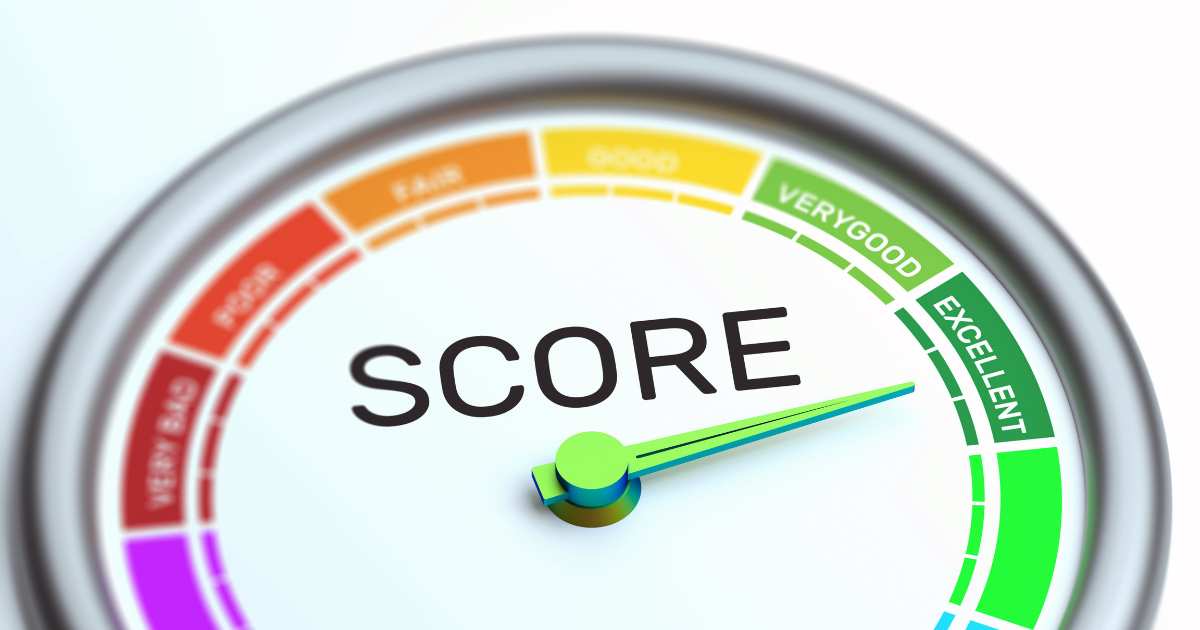
It’s easy to feel overwhelmed with all the requirements of being a small to medium enterprise (SME) in South Africa. With terms such as BBBEE requirements, heads spin, unsure where to start. But don’t feel lost on this journey: We’ve got the answers you need.
What Is BBBEE?
BBBEE is an acronym for Broad-Based Black Economic Empowerment which is an attempt to rectify the exclusionary and unequal environment of the South African economy that are remnants of the Apartheid state. The initiative encourages the participation of Black, Indian, and Coloured individuals in the country’s economy on various levels.
The Broad-Based Black Economic Empowerment Act 53 of 2003 (“BBBEE Act”) was passed in 2003 and has most recently been amended by the Codes of Good Practice for Broad-Based Black Economic Empowerment in 2015.
What Are The BBBEE Requirements for SMEs?
From May 2021, the BBBEE scorecard (the tool that is used to calculate the level of broad-based black economic empowerment within a particular enterprise) has been reduced to only include five criteria, not the previous seven.
The five criteria each have a weight connected to it to calculate a score out of 100. The criteria are:
Equity ownership (25% weighting)
This looks at the amount of black female ownership/shareholders, and the percentage of black owners/shareholders below the age of 35 and above the age of 65.
Depending on the results, a business can be either a Level 1 (100% Ownership) Level 2 (50+% ownership), or Level 3 (0 – 49% ownership).
Management control (15% weighting, 4% bonus possible)
This calculates the number of decision-makers in the company who are black individuals who control the executive board.
Skills development (20% weighting, 5% bonus possible)
The percentage in which a company invests in the skills development of black staff members.
Enterprise development (40% weighting, 4% bonus possible)
This relates to the degree to which an enterprise invests in smaller black-owned companies.
Socio-economic development (5% weighting)
This relates to the degree to which an enterprise invests in social upliftment
Is a BBBEE Certificate a Business Requirement?
Adhering to BBBEE regulations is not mandatory, however, it helps businesses in certain cases receive preferential procurement privileges among other opportunities. Nevertheless, it doesn’t prevent any enterprise from operating if you don’t have a certificate confirming your status.
Some of the opportunities include government work or prospects from state-owned enterprises and large corporations. This is due to these institutions needing to be BBBEE-compliant in their supply chain.
How To Obtain a BBBEE Certificate
In order to show that they are BBBEE-compliant, a business needs to show their BBBEE certificate. This document can only be obtained through a verification professional who is accredited with the South Africa National Accreditation Systems (SANAS). This includes the Independent Regulatory Board for Auditors (IRBA) or the Companies And Intellectual Property Commission (CIPC) where you can apply through the portal.
In the act, SMEs are defined as enterprises that have a turnover of R 50 million or less per year. Within this definition, two types are described further, namely QSEs and EMEs.
Qualifying Small Enterprises (QSEs): Enterprises with an annual revenue of between R 10 and R 50 million
Exempted Micro Enterprises (EMEs): Enterprises with an annual revenue of below R 10 million
The Department of Trade and Industry has indicated that all EMEs and start-up enterprises (operational for less than 1 year) obtain an automatic B-BBEE status of “Level Four Contributor”.
In the case where an EME has 51% black beneficiaries, it acquires status as a “Level Two Contributor”, while those with 100% black beneficiaries have a “Level One Contributor” status.
To be deemed EME, the enterprise needs to obtain an affidavit, from the department’s website that declares that they qualify as an Exempted Micro Enterprise based on their annual total revenue, allocated budget, or gross receipts and percentage of black beneficiaries.
Ensuring economic participation from all racial groups in South Africa is vital for the growth and continued existence of the country’s economy. Small businesses can benefit from being BBBEE compliant while simultaneously ensuring their business is focused on the growth of the South African economy.








